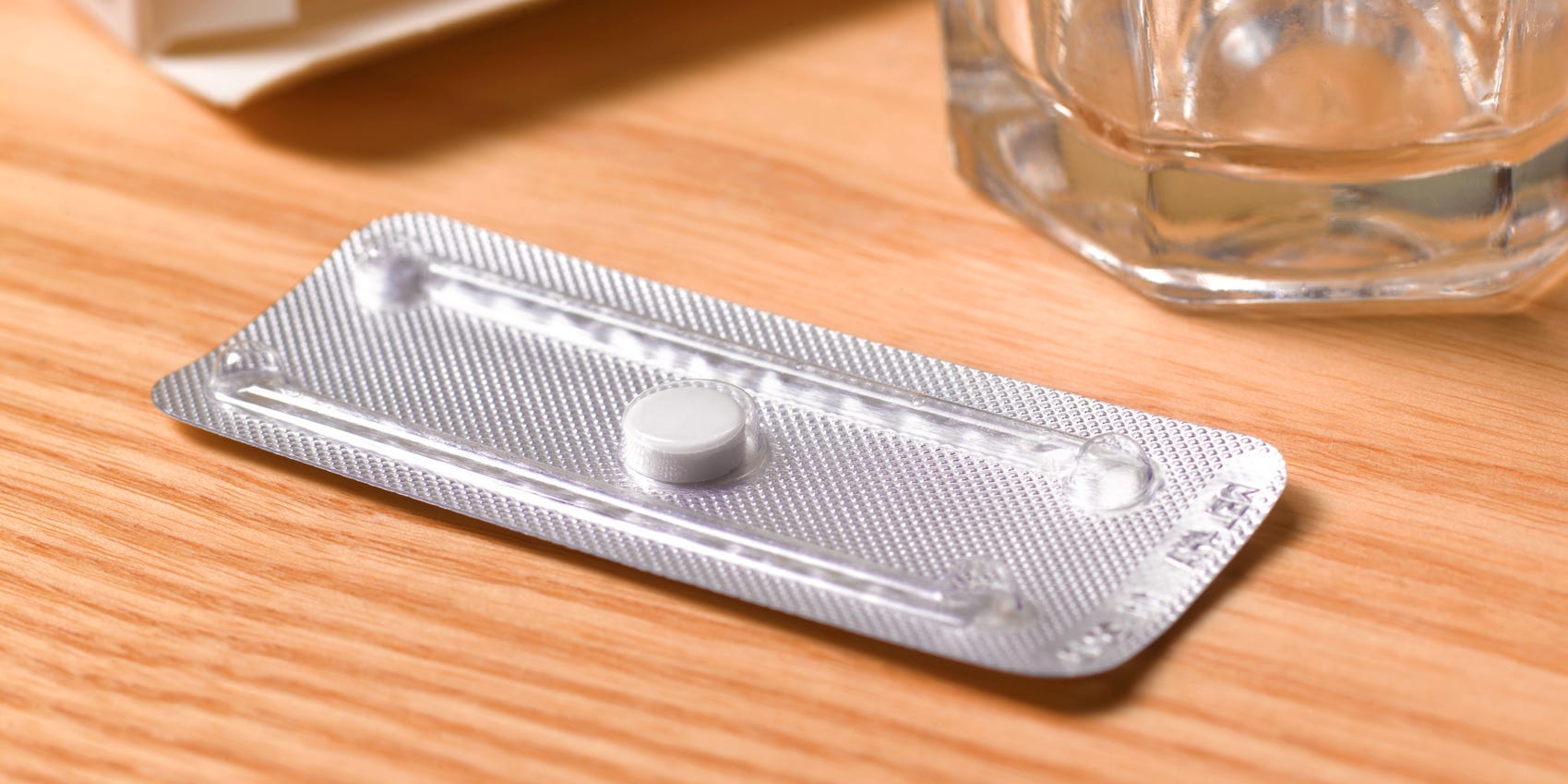
Peter Dazeley/Getty Images
- The most common Plan B side effects are fatigue, nausea, and pelvic pain.
- You may also experience changes in your menstrual cycle, like irregular bleeding.
- Side effects shouldn't last more than a few days – if they do, talk to your doctor.
- Visit Insider's Health Reference library for more advice.
Plan B is an over-the-counter emergency contraceptive that should be taken within 72 hours of unprotected intercourse to prevent pregnancy. Emergency contraceptives come in many brands including Plan B One-Step, Aftera, Econtra EZ, Take Action, Preventeza, and more.
Here's what to expect if you take a Plan B pill.
The side effects of Plan B
The way emergency contraceptives work is that they contain a large dose of levonorgestrel. Levonorgestrel is a synthetic hormone that mimics the sex hormone progesterone, which prevents ovulation and, hence, pregnancy.
Plan B and other emergency contraceptives contain 1.5 milligrams of levonorgestrel. That's three times more than what you get in a regular birth control pill. As a result, this large, concentrated dose can cause side effects like:
- Fatigue
- Nausea
- Pelvic pain
- You might also notice changes to your menstrual cycle, like irregular bleeding.
Less common side effects include:
- Vomiting
- Headaches
- Breast tenderness
While plan B side effects can be uncomfortable, they shouldn't feel excessively extreme or severe. Pelvic pain and a disruption in your cycle should be the most severe side effects of taking plan B.
If you experience side effects that go beyond these symptoms, or if they worsen after more than a few days, consider consulting a doctor. Moreover, if you notice irregularities in your period persisting for more than one cycle, take a pregnancy test.
How long Plan B side effects last
"The duration of side effects is variable from woman to woman," says Nina Carroll, MD and OB-GYN of Your Doctors Online. But here is what the experience could look like if you decide to use Plan B.
- Day 1: After taking the pill, you may experience mild side effects like nausea, vomiting, and pelvic pain. Some people may vomit within two hours of taking the pill. In this case, it is important to retake the pill to guarantee its effectiveness.
- Days 2 and 3: Symptoms may continue over the course of days two and three.
- Day 4: Most people will no longer experience the side effects of taking a Plan B after four days of using the pill.
- Days or weeks later: Menstrual changes are a common experience for its users and the symptoms may not show up until a woman's next menstrual cycle, which may be anywhere from days or even weeks after taking the pill.
How to relieve Plan B side effects
Unfortunately, there's nothing you can do to make the side effects resolve more quickly or prevent them from happening in the first place.
However, you may be able to manage your symptoms. Doctors may suggest an anti-nausea medicine or pain reliever to reduce discomfort.
Insider's takeaway
Plan B side effects shouldn't last more than four days, however, some women experience changes to their period which may last one menstrual cycle. If you experience extreme nausea or vomiting within two hours of taking the pill, it's likely that your body hasn't absorbed the levonorgestrel and you may need to take another plan B.
It's important to note that plan B should not be taken as regular birth control, and should only be used in emergency situations (i.e. having unprotected, ejaculatory sex when you or your partner are not on birth control).
